
That follows an inspection of Tusla services in the region in 2019.
A HIQA report published today has found almost one in five children in foster care in the midlands two years ago didn't have a social worker allocated to them.
An inspection of Tusla services in the region took place over three days in May 2019.
The midlands was one of eight areas identified as moderately non-compliant when it came to allocating social workers to foster children during the compilation of the report.
In total 17% of those in the system in the region were found to be waiting.
That ranked behind the Mid-West (18%), Dublin South West/Kildare/West Wicklow (19%) and Carlow/Kilkenny/South Tipperary (22%).
An update given in May 2021 stated that while children in care were awaiting allocation, each child had an identified social care leader who completed regular safeguarding visits and dealt with any arising needs.
In six assessment areas in the report, the midlands was found to be Compliant or Substantially Compliant in four and Moderately Non-Compliant in two.
The areas looked into include safeguarding, preparation for adult life, matching carers with children, planning and review procedures, assessment of children and designation of social workers.
HIQA’s Head of Children’s Services, Eva Boyle said;
“Our programme of inspection indicated that many service areas made progress in achieving compliance with the standards and improving the service provided to children in care. Well-governed and well-managed services learned from previous inspections to improve their services. This is a significant step in ensuring that the services provided by Tusla to children in care are consistent and equitable. Notwithstanding these improvements, further improvements are required across a number of services areas.
"Listening to children’s voices during inspections is crucial in how HIQA determines service performance. The significant message received from children in care was that when they had a long-term and consistent social worker, they received a good service. The majority of children spoke highly of their social worker. However, not all children in care had an allocated social worker. Some children had experienced several changes in social workers, some had not yet met their social worker, and it had been some time since others had seen their social worker.
"Areas of non-compliance that required improvement included statutory visits to children in care and their oversight, adequate numbers and suitability of foster care placements, and safety planning for children who required a safety plan.
"Although some service areas reported that all children in care had been visited by a social worker in line with regulations, this was found not to be the case in any of the service areas during the two-years prior to their inspection, but this had improved by the time of their inspection. The oversight of these statutory visits was also inadequate in many service areas.
"A number of service areas struggled to ensure that there were adequate numbers of suitable foster care placements for children in their area, highlighting the national shortage of foster carers within the Tusla system, despite significant and ongoing recruitment initiatives.
"The weakest area of practice reviewed in this inspection programme was that of care planning and reviews. Given that individual care planning and review arrangements are fundamental to promoting good outcomes for children in care and for supporting their safety, wellbeing, development and identity, the inspection findings indicate the need for Tusla to ensure local arrangements deliver a consistently high standard of social work practice in this area."
Ms Boyle concluded;
“The overarching high level of compliance found across 13 of the service areas in relation to preparation for leaving care is a significant and welcome improvement, as this is critical for vulnerable children. Further work is required by Tusla to continue to improve compliance with the national standards across and within the service areas to ensure all children in foster care have access to a safe, high-quality service that meets their needs.”
HIQA continues to monitor service areas where persistent non-compliances were found in 2019 and 2020, and will also continue to request and risk assess compliance plan updates, and, when necessary, carry out further risk-based inspections.


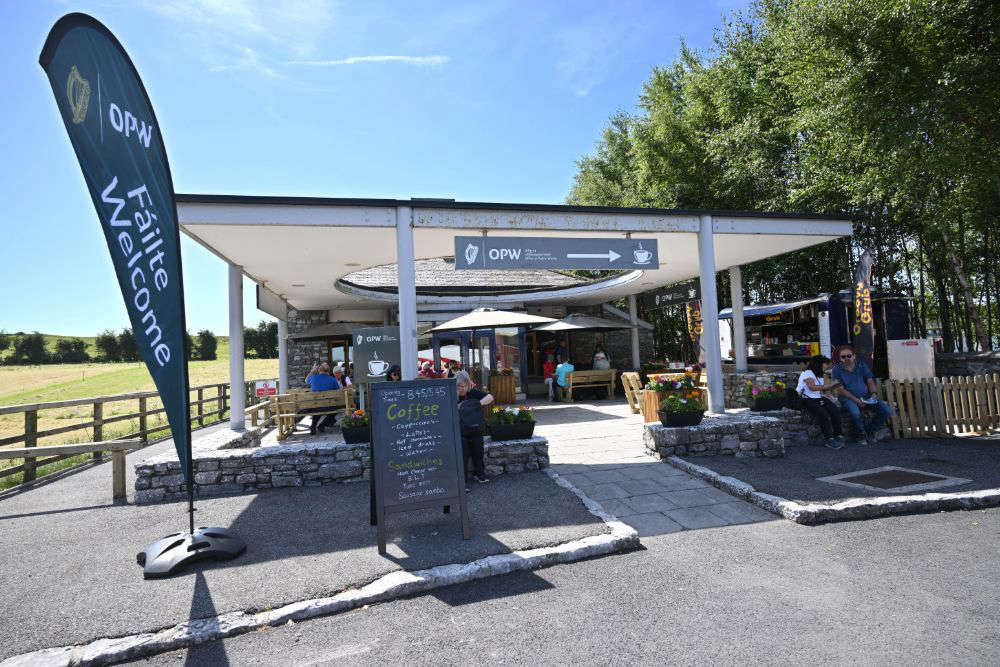 Offaly Heritage Site Opening Temporary Cafe
Offaly Heritage Site Opening Temporary Cafe
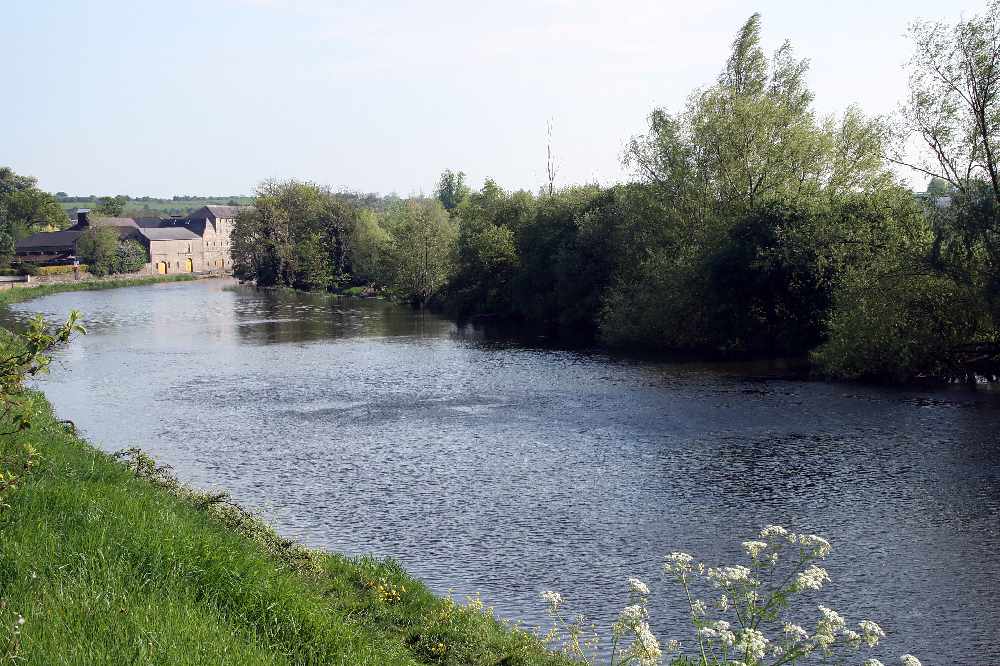 IFI Allocate €40k Funding To Laois And Offaly River
IFI Allocate €40k Funding To Laois And Offaly River
 Gen Z Drink Less Alcohol
Gen Z Drink Less Alcohol
 Over 32,000 Outpatients Waiting In Midlands Hospitals
Over 32,000 Outpatients Waiting In Midlands Hospitals
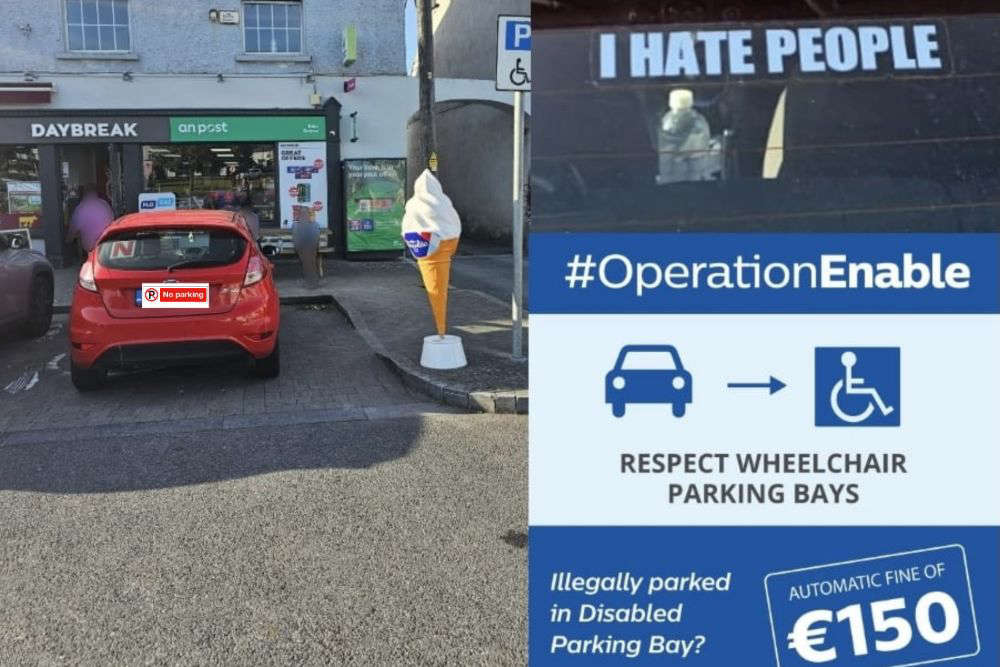 Laois Motorist Parks In Disabled Bay Without Permit To get Ice Cream
Laois Motorist Parks In Disabled Bay Without Permit To get Ice Cream
 Scripts Festival Returns To Midlands For 2025
Scripts Festival Returns To Midlands For 2025
 Concerns Raised By Residents On Laois Solar Farm
Concerns Raised By Residents On Laois Solar Farm
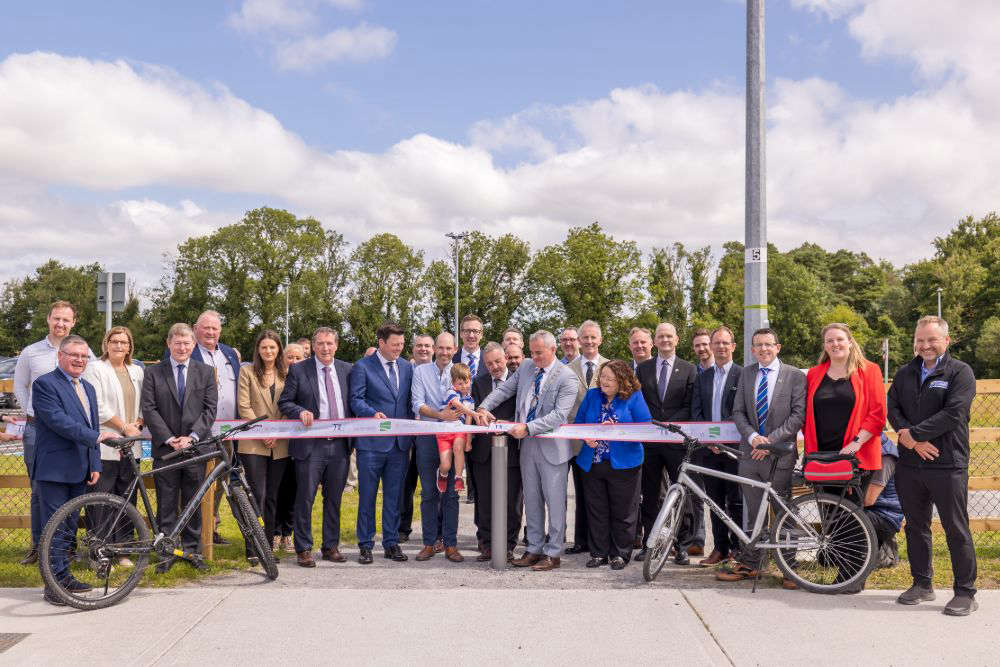 Ballycommon Trailhead Officially Opens
Ballycommon Trailhead Officially Opens
 'Drug Users More Often Victims Than Criminals'
'Drug Users More Often Victims Than Criminals'
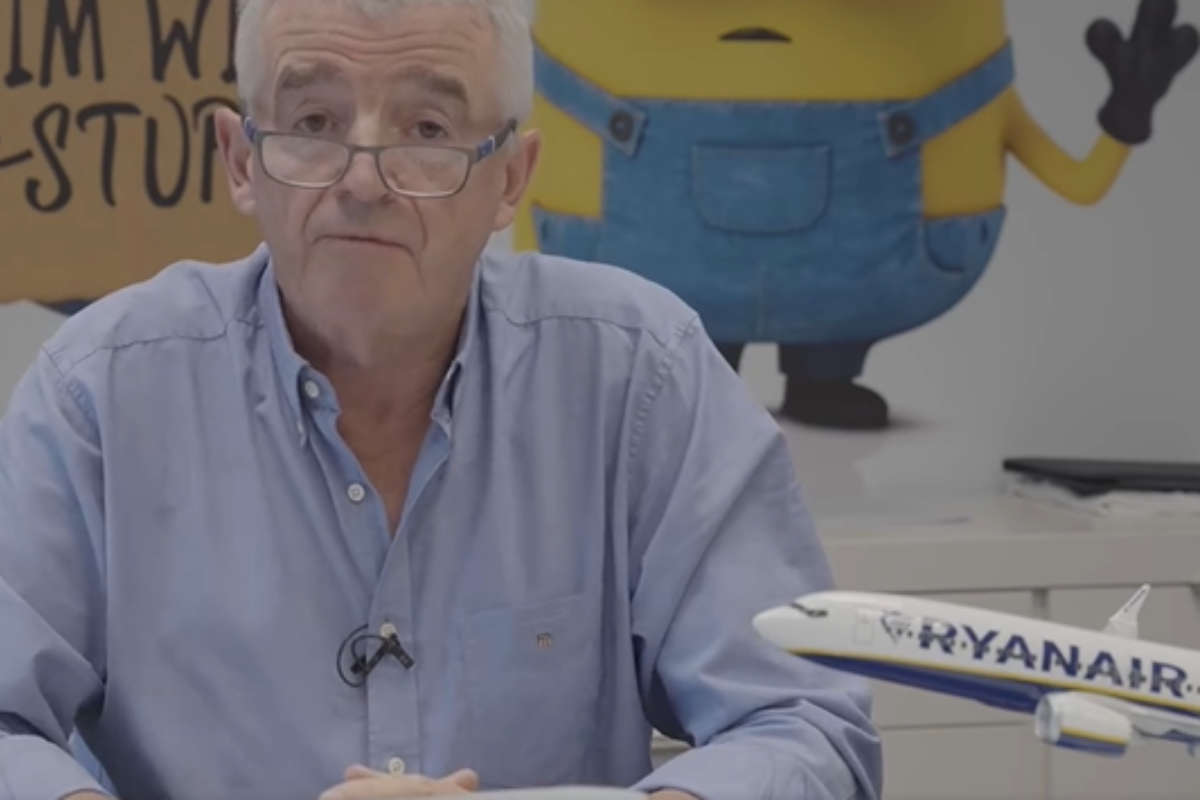 Michael O'Leary Criticizes Environmental Taxes On Airlines
Michael O'Leary Criticizes Environmental Taxes On Airlines
 Westmeath Garda Station To Host Open Day
Westmeath Garda Station To Host Open Day
 Midlands To Hit Highs Of 29 Degrees
Midlands To Hit Highs Of 29 Degrees
 Westmeath Bridge Could Be Named To Honour Former Minister
Westmeath Bridge Could Be Named To Honour Former Minister
 Offaly Man Who Died in Workplace Accident To Be Laid To Rest On Saturday
Offaly Man Who Died in Workplace Accident To Be Laid To Rest On Saturday
 Financial Pressure For Families Waiting To Move Into Laois Estate
Financial Pressure For Families Waiting To Move Into Laois Estate
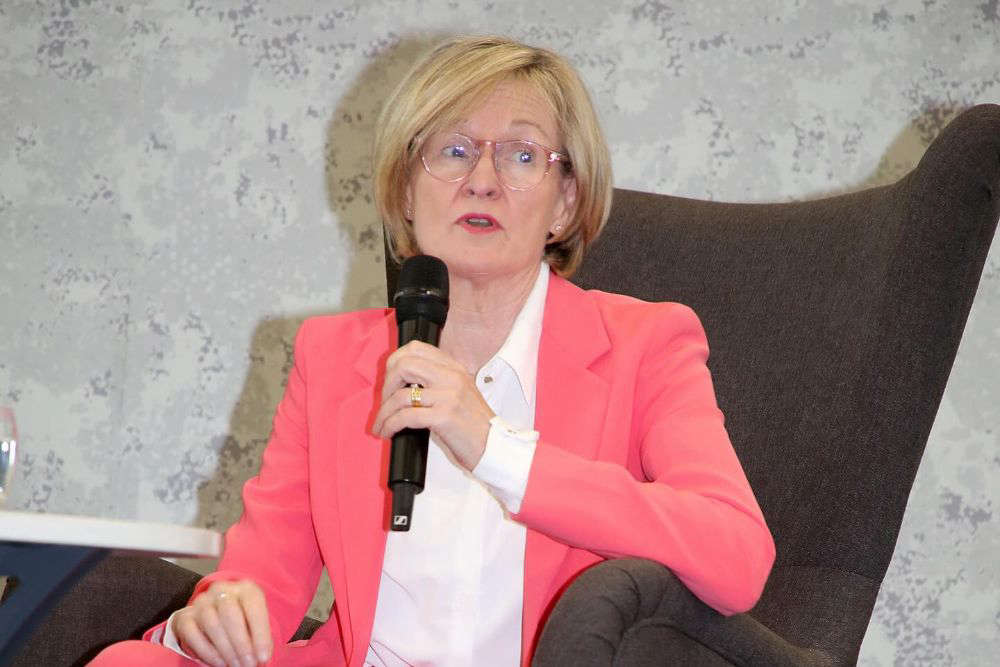 Former Midlands MEP Emerging As Favourite To Be Fine Gael's Presidential Candidate
Former Midlands MEP Emerging As Favourite To Be Fine Gael's Presidential Candidate
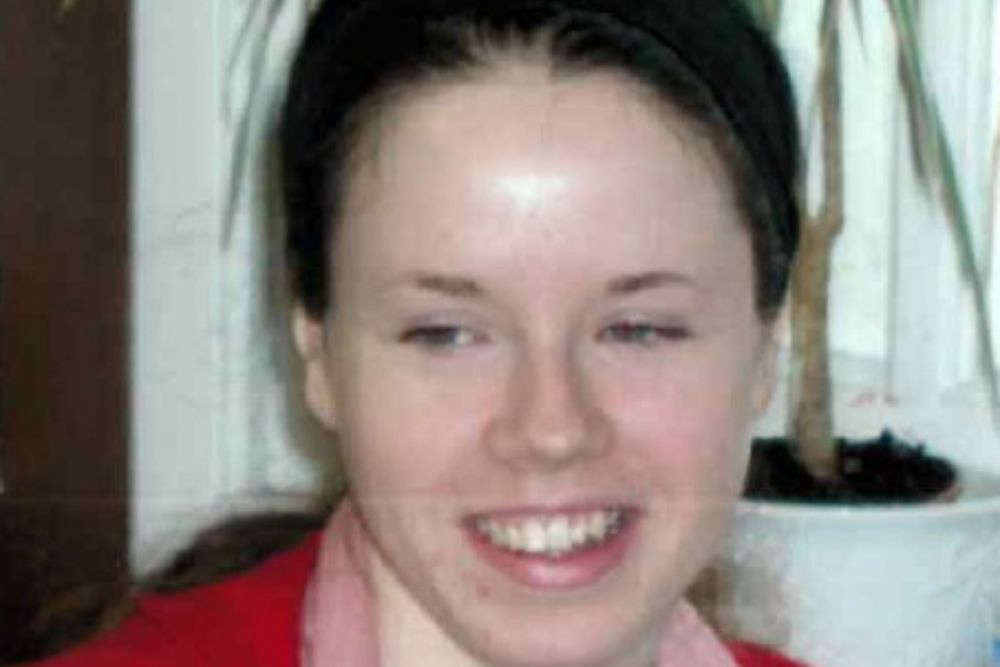 Missing Woman Believed To Have Traveled To Dublin On Day Of Disappearance
Missing Woman Believed To Have Traveled To Dublin On Day Of Disappearance
 Reduction In Hiring New Graduates Due To AI
Reduction In Hiring New Graduates Due To AI
 Plans For €1bn Westmeath Data Centre Campus And Solar Farm
Plans For €1bn Westmeath Data Centre Campus And Solar Farm
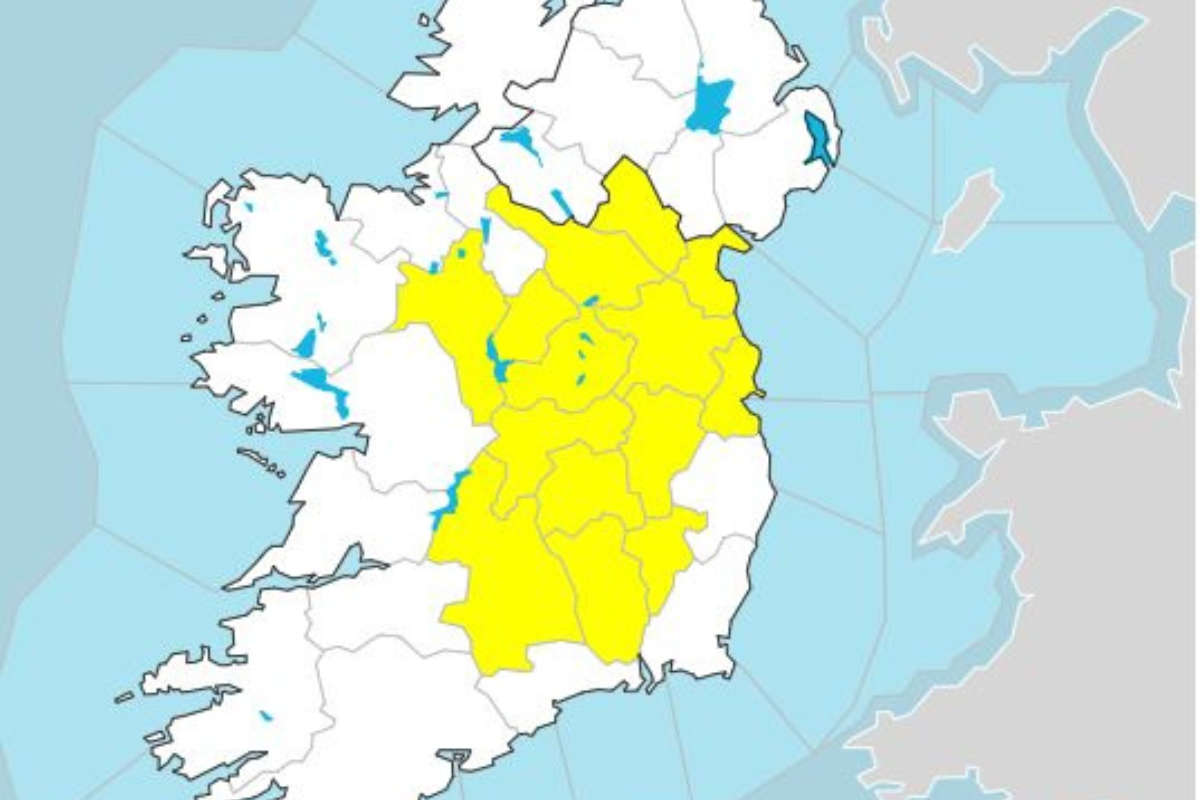 Status Yellow High Temperature Warnings For Midlands
Status Yellow High Temperature Warnings For Midlands